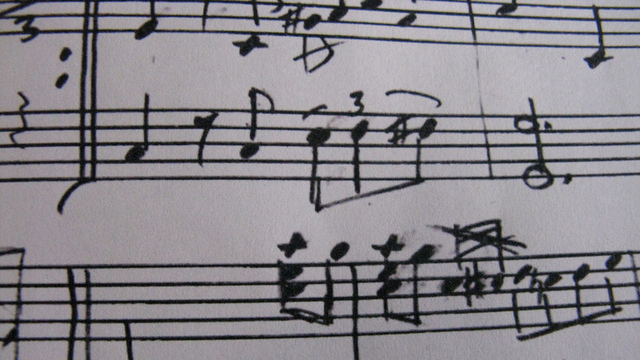
The Supreme Court left in place a ruling by a New York federal appeals court, which determined that song downloads are not "public performances" under copyright law. The ruling represents a victory for Yahoo! and RealNetworks, which have been locked in litigation with the American Society of Composers, Authors and Publishers for several years over royalty payments. And it has potentially far-reaching implications for the digital music industry.
Musical works are subject to two distinct forms of copyright protection: a recording copyright and a songwriter's copyright. ASCAP is an association of songwriters that collects royalties when their members' songs are performed in public. The ASCAP royalty rates for terrestrial broadcasting and live performances are well established, but the rates due to songwriters for online music is still under dispute.
Also under dispute is exactly what counts as a "public performance" of music online. In ASCAP's litigation with Yahoo! and RealNetworks, both sides agreed that music streaming is a public performance, and that songwriters are therefore entitled to royalties for their streaming services. But ASCAP also argued that songwriters are entitled to compensation for music that users download.
A lower court ruled against ASCAP in 2007, and that ruling was affirmed last year by the United States Court of Appeal for the Second Circuit. The Second Circuit held that to count as a public performance, an electronic music transmission must be "contemporaneously perceived by the listener." Simply downloading a music file so it can be played back at a later time doesn't count.
ASCAP asked the Supreme Court to review the case. The request was opposed by the Obama administration, which argued that the Second Circuit's ruling was right on the merits and not in conflict with the rulings of other federal courts.
The Supreme Court apparently agreed, declining to hear the appeal without comment. That leaves the Second Circuit's ruling in place.
While the Supreme Court's decision not to intervene settles the download question, the case will continue on other fronts. The Second Circuit rejected the lower court's method of computing royalties, meaning the lower court will now have to come up with a new formula.
Listing image by Photograph by m kasahara
reader comments
66